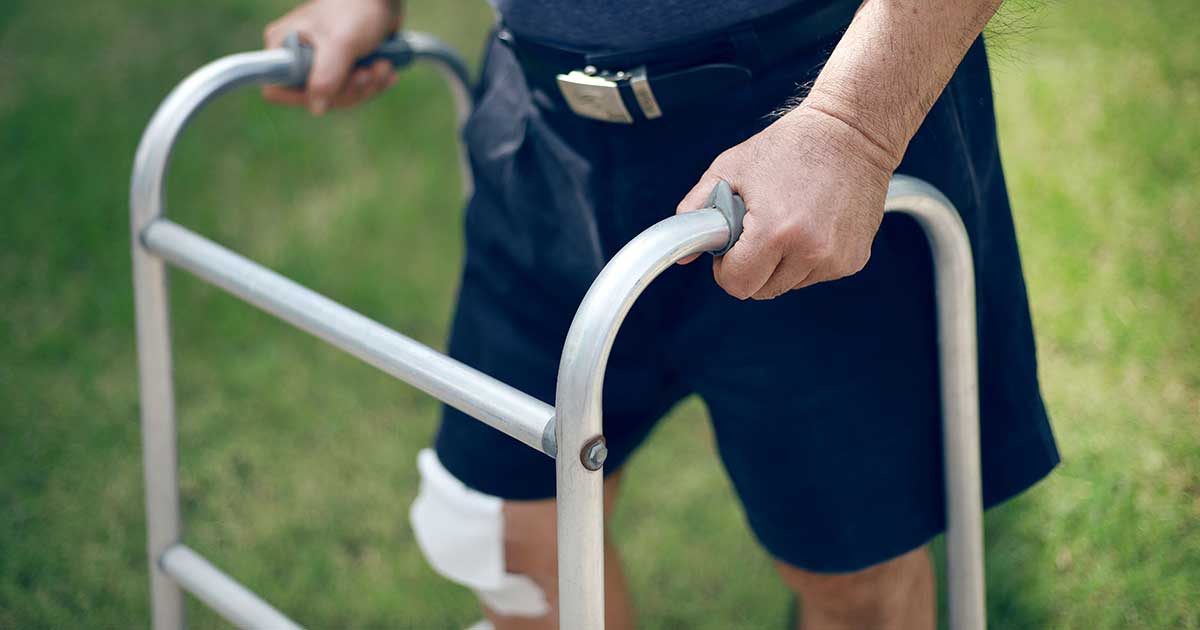Early Signs Of Rheumatoid Arthritis
Unsteady Walking

It's common for rheumatoid arthritis patients to experience unsteady walking. Typically, their gait will be relatively even as they walk. This means their stride and balance will all remain relatively the same. When there are abnormalities to gait, the cause is typically a deformity or physical condition. Rheumatoid arthritis, we know, can limit the range of motion of an individual's joints, cause joint pain, and even cause permanent joint damage over time. During the onset of this condition, the foot is the second most commonly affected body part after the hand. A 2008 study showed that for every four rheumatoid arthritis patients with a walking disability, three of them had issues originating in the foot. Feet impaired gait four times as often as hips and knees.
Fever

A low fever is a common symptom of rheumatoid arthritis that typically presents alongside joint stiffness and aching. A fever is defined by the Centers For Disease Control And Prevention as any temperature greater than one hundred degrees Fahrenheit, though fevers aren't considered serious until they reach about 103 degrees Fahrenheit. Some individuals experience low fevers often alongside their other symptoms, while others may not realize their feverish feelings are related to rheumatoid arthritis. When fevers are related to autoimmune diseases like rheumatoid arthritis, treating the autoimmune disease will typically help reduce the fever. Fevers often occur as a result of infection, or they may occur because of the immune system's overreaction.
